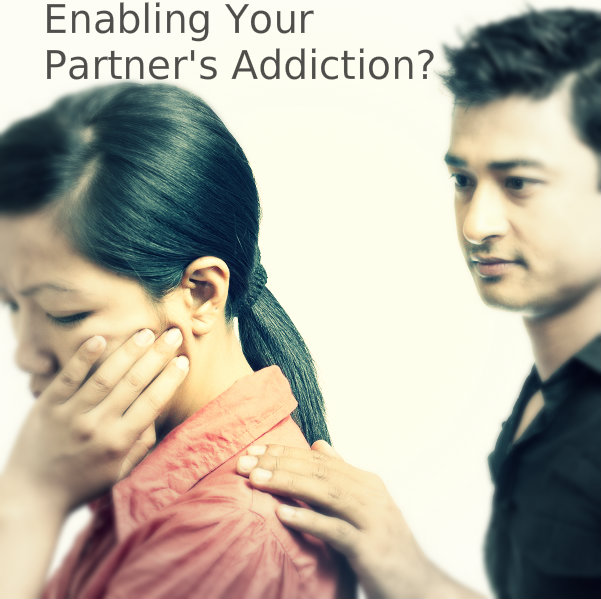Are You Enabling Your Partner’s Addiction?
If your partner is using drugs or alcohol, there is a chance that you are enabling his habit. It may sound ridiculous at first. Why on earth would you want him to use? Why would you encourage him? The truth is that enabling is subtle, and you may be doing it in ways that even you don’t realize. Take the time to consider your role in the relationship and decide if you are an enabler or if you could be doing more to help him stop using.
What Is An Enabler?
An enabler is rarely overt. You’re probably not feeding your partner drugs or alcohol. You’re not likely to actively encourage him to go out and drink or to spend more money on drugs.
In most cases an enabler is someone who is more subtle. This is someone who takes away the consequences of drug or alcohol use so that the user doesn’t experience the full costs of his choices and behaviors. Enablers often believe that they are helping their loved ones, when in fact they are causing more harm. It is those consequences that should be an addict’s biggest motivation to stop using.
Signs Of Enabling
How can you tell if you are enabling your partner’s habit? Think about your actions and how you respond to his drug use or drinking. Consider whether the choices you make minimize the consequences he should be experiencing. Here are some concrete examples of what you might be doing if you are an enabler:
 You give your partner money when he’s desperate. Money is the fuel for his addiction. If he runs out and you give him more, he will never experience the total loss of money caused by his habit.
You give your partner money when he’s desperate. Money is the fuel for his addiction. If he runs out and you give him more, he will never experience the total loss of money caused by his habit.
- You make excuses for him. When he misses appointments, days of work or school, or when he behaves inappropriately, there should be consequences. If you make excuses for him, he won’t feel the repercussions.
- You drive him wherever he needs to go. Whether he lies about it or not, chances are you are driving him to places where he uses or buys drugs.
- You help him when he gets into legal trouble. Legal problems are often a consequence of drug use or excessive drinking. If you help get him out of it, you’re enabling his habit.
- You keep quiet and don’t confront him about what worries you. Not talking to him about how often he passes out, how badly he behaves when high or drunk or how he is draining your bank account isn’t helping.
How To Stop Enabling And Start Helping
If you recognize yourself in the signs of enabling, you need to stop supporting your partner’s habit and start helping him get over it. Know that it isn’t easy to change your own behaviors, but it is crucial. Stop actively doing things that help him use, such as giving him money, transporting him, or making excuses when he messes up. He will be hurt, upset and even angry with you, but you have to remain strong in the face of his pushback.
Once you have made it clear that you will no longer be actively helping him use, sit your partner down for a frank talk and provide options for him to get help. If you are struggling with this or if you are afraid you’ll back down, enlist the help of other people who care about you and your partner. There is strength in numbers. It will be difficult, but if you are persistent your loved one will eventually feel the consequences of his habit and will have no choice but to make a change.
If You Need Help With Your Partner’s Addiction Or With Setting Up An Intervention – Call Us Now!



